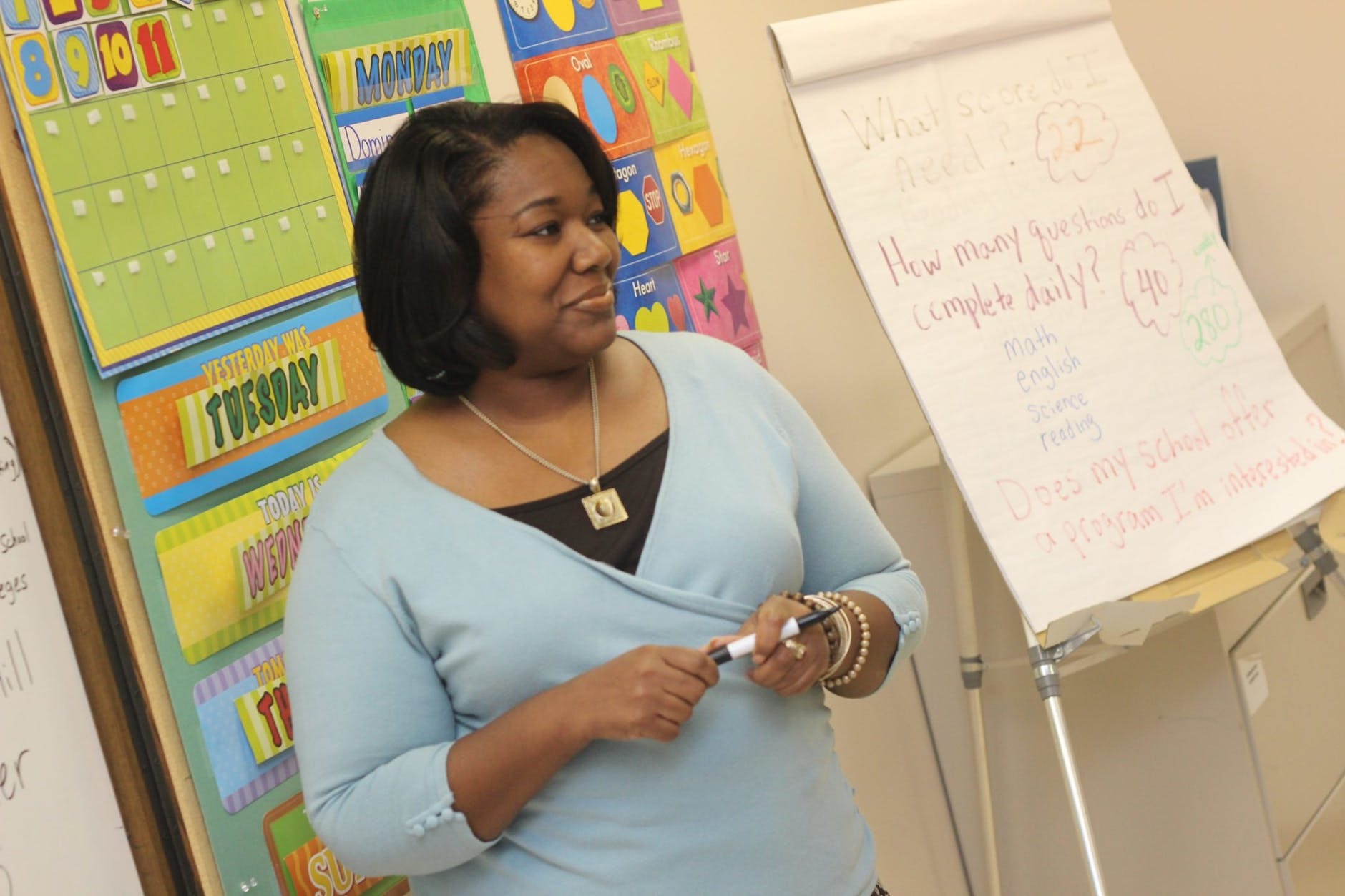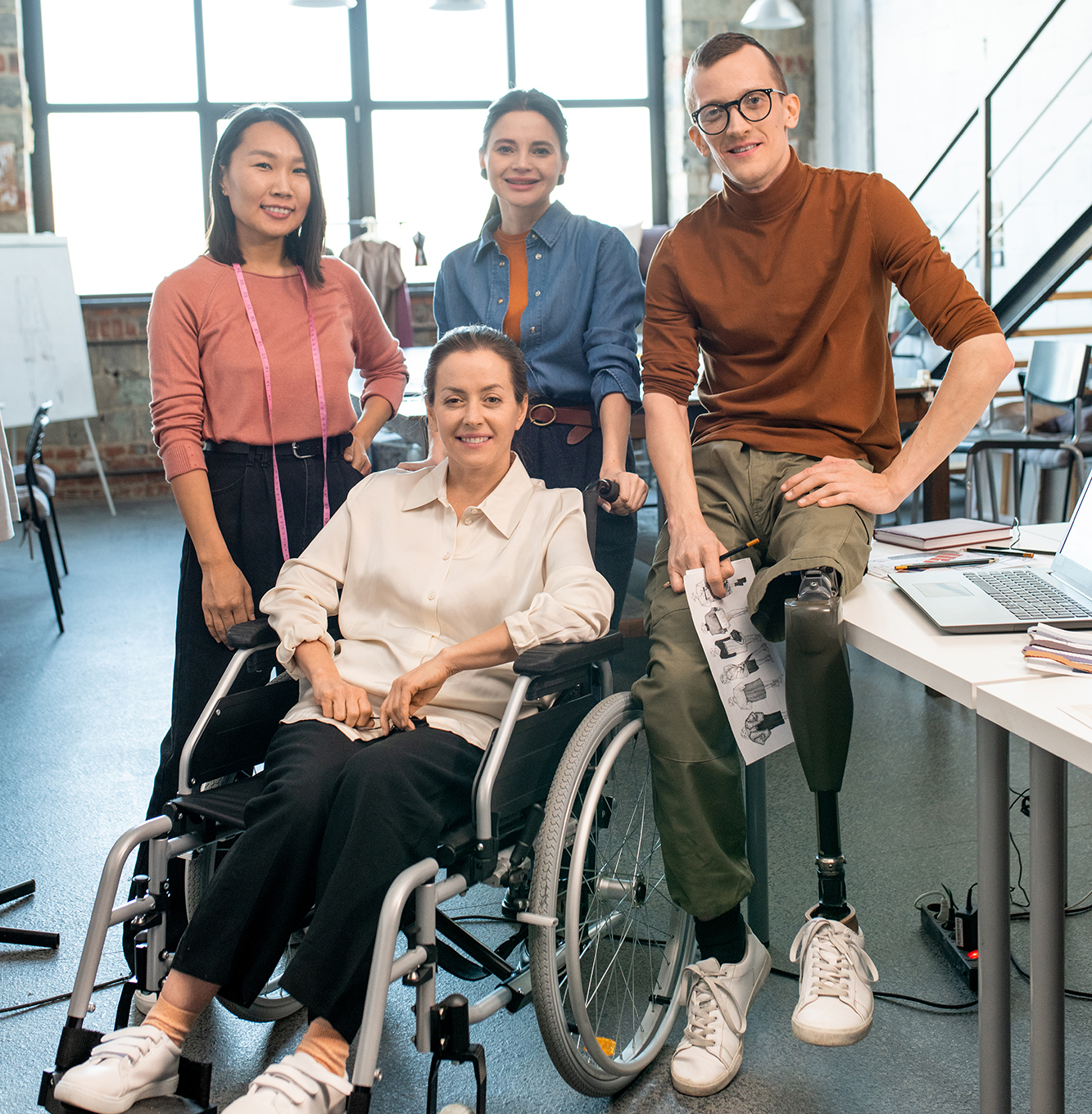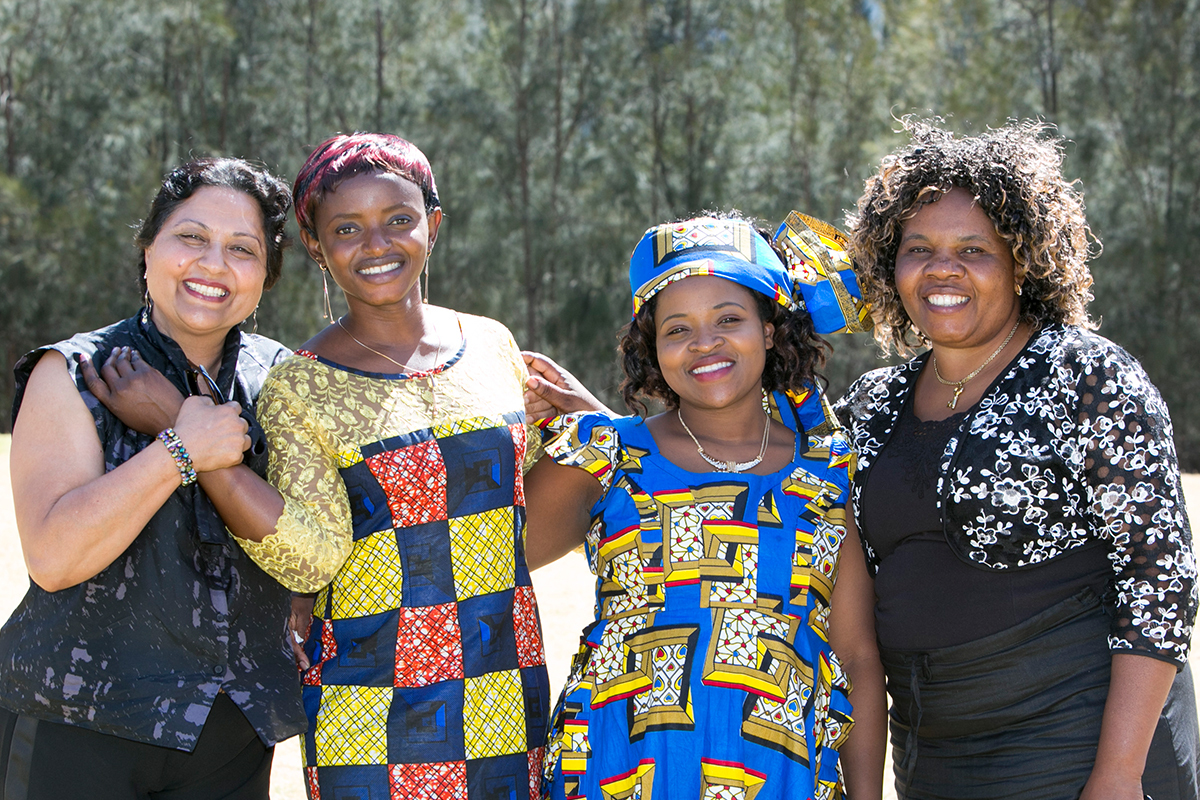Work
BSL’s Research, Policy and Advocacy team studies what is needed to create inclusive decent work. We also investigate what helps or hinders people to get, keep and advance in their employment.

For many people in Australia, having a job does not guarantee economic security. Low wages, insecure work and rising costs of living mean that even with a job, a person might not be making a decent living.
Our research examines the lived experience of labour market disadvantage and analyses secondary data to understand trends.
Unemployment and underemployment are increasing. Factors such as age, gender, disability or ill health, and ethnic background may affect pathways into and in and out of work.
People who rely on low wages or income support can struggle to make ends meet.
Our policy and research work examines the links between the changing nature of work, social and economic policy, inequality and insecurity.
We study the current and future impacts for those groups that are more likely than others to experience poverty and social exclusion.
Our work informs the development of policies and programs to address the growing differences in employment opportunity and economic security.
Find all recent publications on Work (2000–present)
Visit the BSL library for our prior research on Work (pre 2000)
• Mobilise local efforts through place-based collaborations of employers, TAFEs, local governments, employment services and community organisations to inform stimulus measures, foster economic development and strengthen regional labour markets.
• Develop a Jobs and Climate Accord: a grand bargain of business; unions; governments and community to advance Australia’s transition to a low-carbon economy.
• Invest in more effective and enabling employment assistance that builds capabilities, harnesses local effort, engages employers and is tailored to the circumstances of different groups of jobseekers.
• Expand social procurement measures across Australia to ensure jobseekers experiencing disadvantage benefit from employment opportunities generated by public expenditure.
Selected publications
The final report of SPARC’s evaluation of Phase 1 and 2 (‘Establish’ and ‘Develop’) of the Regional Jobs Hub (RJH) initiative. It builds on findings detailed in progress reports 1, 2 and 3.
Read reportHow has becoming and being a parent affected the economic security and financial wellbeing of participants in our Life Chances longitudinal study?
Read reportA formative evaluation assessing the implementation stage of the SEED Project and how the project is making progress towards its intended outcomes.
Read reportHow are online platforms affecting support workers’ conditions and the quality of support available to people with disability?
Read reportAdopting a gender lens helps to identify barriers affecting women and create opportunities to improve women’s financial wellbeing in regional towns.
Read reportSelected projects

How has becoming or being a parent affected the economic security of participants in this longitudinal study?
Learn more
This study focuses on a BSL initiative to increase participation in mainstream employment for people with disability.
Learn more
How can public and private sector organisations use their purchasing power to create positive social impact?
Learn more
Australia's older workers on low incomes tend to have poorer health, but they are being expected to work longer.
Learn more
A project giving young people the freedom to take photographs that represent their experiences of education or employment
Learn moreLooking for services related to work?

Given the Chance is one of our longest running and most effective employment support programs.
Learn more
For women with refugee, asylum seeker and migrant backgrounds, Stepping Stones to Small Business provides opportunities to achieve financial wellbeing.
Learn more
Our Youth Transitions Support Pilot Program helps young refugees participate in the community through work, education and sport.
Learn more